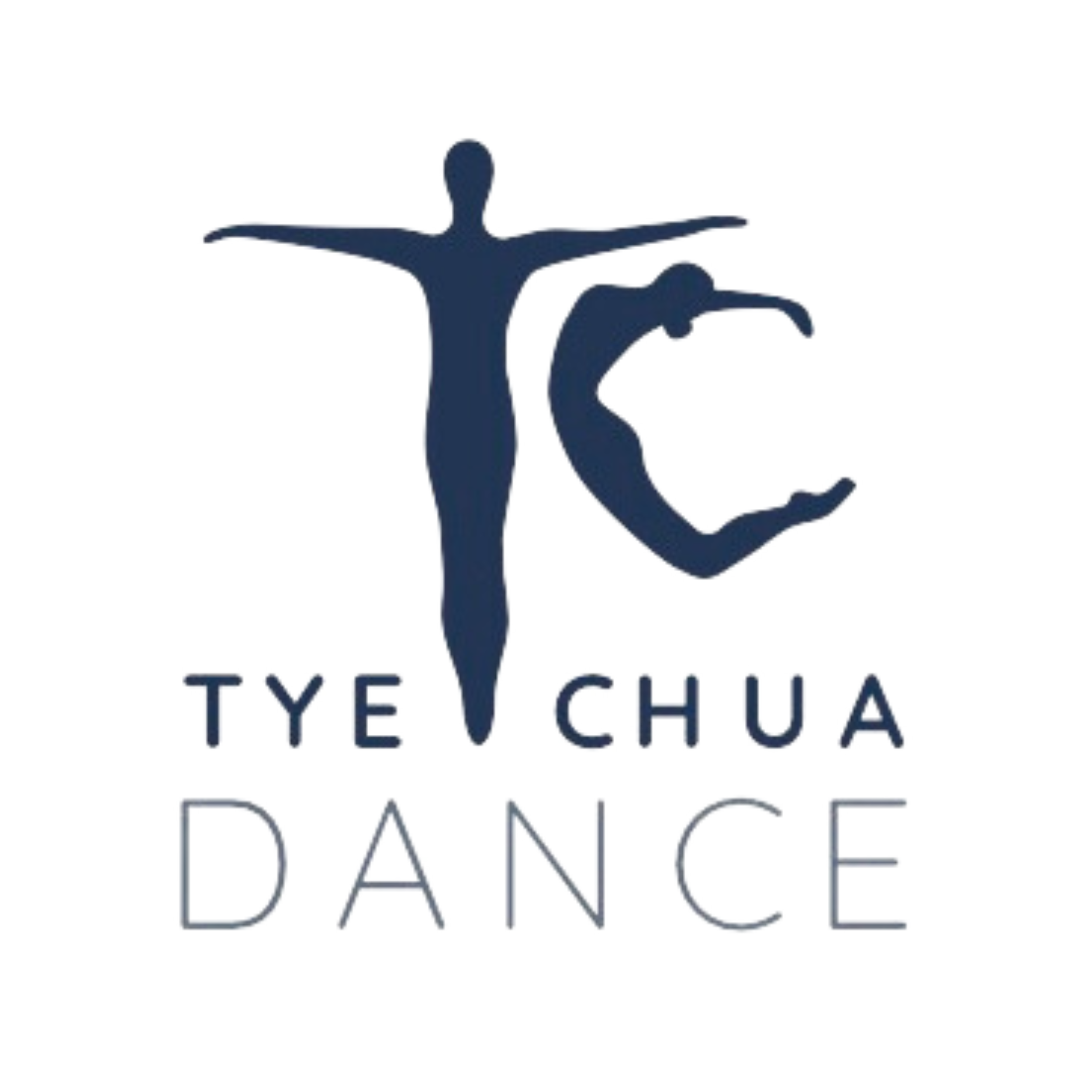Our Values & FAQ
Frequently Asked Questions
Q: Will my child get to perform in a recital?
A: We do not perform a typical recital at Tye Chua Dance. Instead we offer numerous opportunities for your child to perform throughout the year! Our well-loved annual performance of The Nutcracker takes place in December, followed by Choreography Showcase in February, in which our dancers perform their own works as well as pieces by faculty and guest artists. In the Spring we perform another story ballet. And our summer semester students perform in Summerdance in August. We feel that offering students the chance to audition and learn repertoire, rather than perform as a class in a recital, creates more opportunities for learning what being a dancer is all about. How to behave in a theatre, how to look after your costumes, how to work with others - these are valuable lessons for a dancer!
Q: Do you have costume fees?
A: Tye Chua Dance does not utilize purchased costumes, so there is no costume fee! Instead we maintain a costume department filled with handmade costumes which are then custom fitted to each dancer for every performance. We believe the experience of wearing and caring for these gorgeous costumes instills a sense of responsibility in our dancers as well as teaching costuming skills they can take with them if they choose to become professionals in the dance world.
Q: How will my child progress through the company? What ranks do you use?
A: We do things a little differently here at Tye Chua Dance – our company is unranked, following the model set forth by Robert Joffrey. There are several reasons we’ve chosen this path for our dancers. While it can be encouraging for a dancer to progress from corps to principal, we feel that at the student level these rankings are quite unnecessary and can be detrimental to the collaborative environment we seek to promote. Having an unranked company encourages dancers to develop at their own pace, with their own goals in mind. It also produces dancers who are highly versatile - learning many styles and types of dance. From the perspective of the Artistic Team, it means we can choose exactly the right dancer for each role, rather than giving the “best” roles to the same few dancers every time. In this way, all dancers are equals – any dancer can audition for any role, and any choreographer may choose any dancer. This opens up opportunities for dancers and choreographers alike!
Q: My child is dreaming of dancing en pointe! At what age can she start?
A: At Tye Chua Dance, we take the transition to pointe work very seriously. Dancers age 12 and over who attend at least three classes per week are eligible to be assessed for pointe work. Students will be reviewed for technique, ankle and foot strength, stamina and stability. In addition, they must pass our rigorous Pointe Shoe Exam which entails a written section of ballet terms in French and Italian. Students must also display the ability to transcribe several enchainments in French. This is all done to ensure that the dancer is both physically and mentally prepared for the journey working en pointe involves. We know that the delay can be frustrating to young dancers who are understandably excited to move on to the next phase of training, but the safety of our dancers is our only objective and we do not allow dancers to wear pointe shoes if they are not ready. Trust us – it’s worth waiting!
Q: My child has had her pointe shoes for a few months - will she be performing in them soon!?
A: Developing the skills needed to perform in pointe shoes takes time. Upon passing our Pointe Shoe Exam, we accompany our students and their families to be fitted at a local dancewear shop. At that point dancers will start out training their feet in their pointe shoes at the barre during their regular class time. As their ability increases, so will the amount of time spent en pointe in class. Typically a dancer will require a full year of wearing pointe shoes in class before she is prepared to wear them on stage! We believe this is the best method to avoid unnecessary injury.
Q: Why should my child take ballet classes - can’t they just learn steps off the internet?
A: We believe ballet is more than just a series of steps - it’s an art form - a complex discipline passed down from dancer to dancer over hundreds of years. While videos can be exciting to watch and try to emulate, they do not provide proper training or instruction. The rich history of the steps and movements simply cannot be conveyed by watching your favorite dancer on YouTube. Our Artistic Team are uniquely qualified as répétiteurs - those with the knowledge of choreography - to pass down the intricacies of technique, repertoire, performance and, most importantly, history!
Q: What about tutus!?
A: Tutus are another rite of passage for dancers. Only dancers who have trained for many years and display the strength and technique required will be able to wear the short, classical or “pancake” tutus. Because our costumes are all handmade, our tutus are extremely delicate and precious, requiring hours and hours of work to create. These tutus are reserved for very special roles!
However, dancers usually begin wearing the longer or “romantic” tutus around age 11 or 12! All of our dancers are excited when it’s time to venture into the costume room – we think all of our bespoke costumes are absolutely gorgeous!
Have a question of your own? Let us know and we’ll get back to you with an answer!
